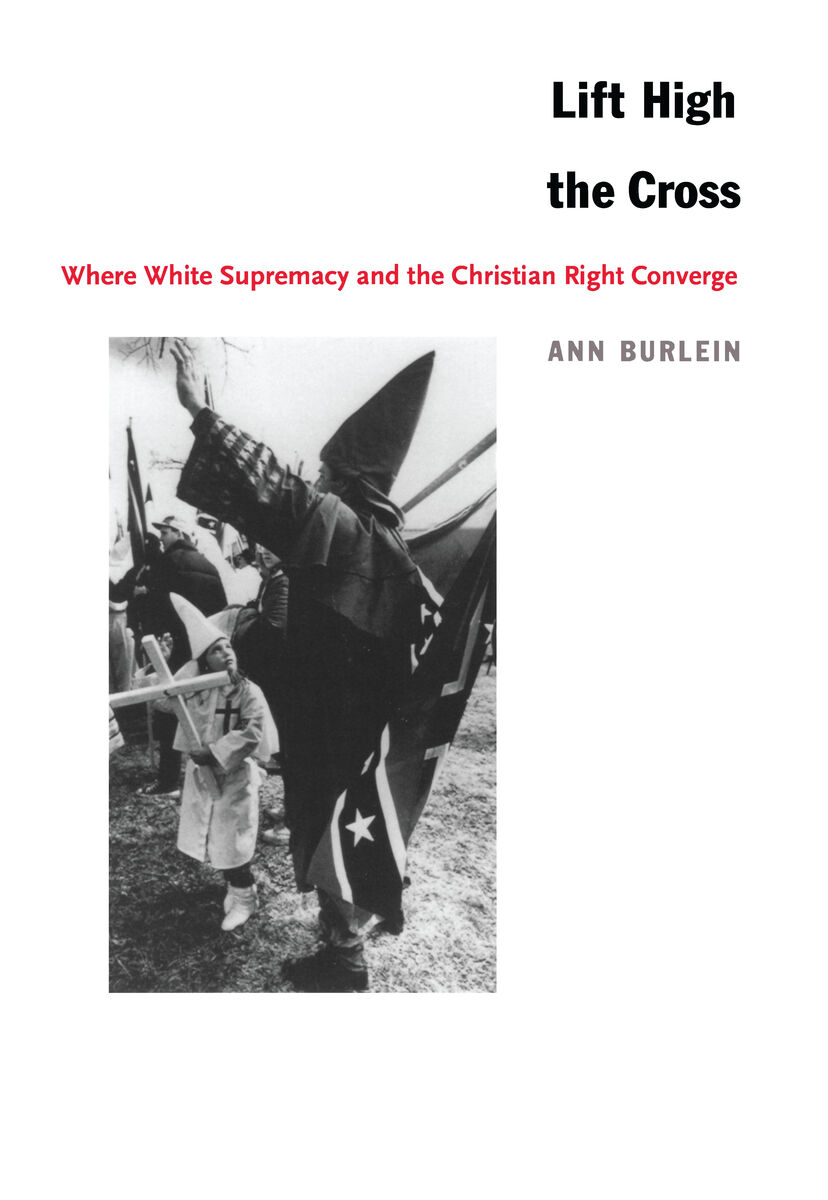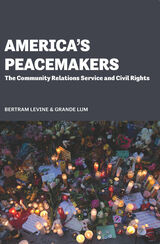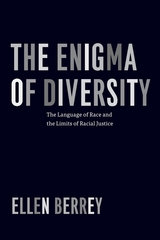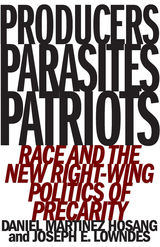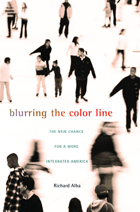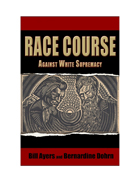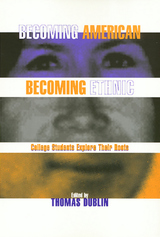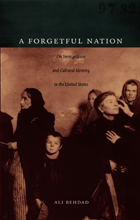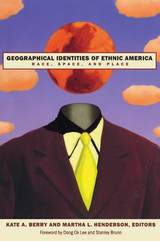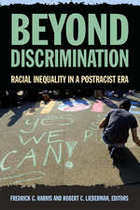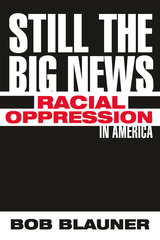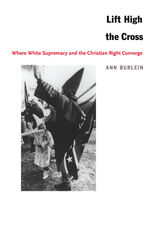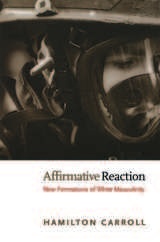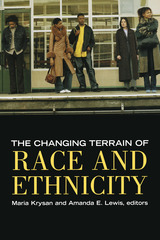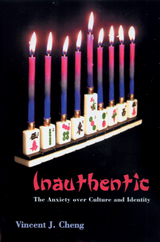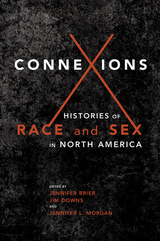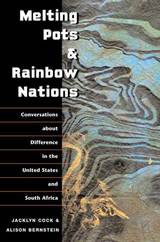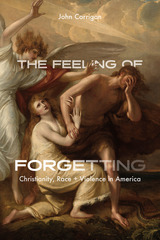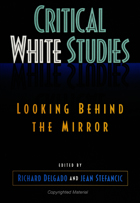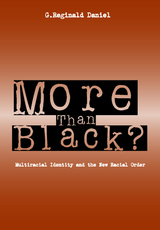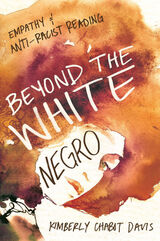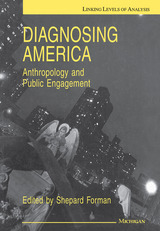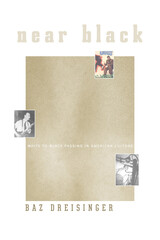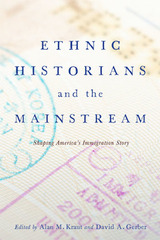Lift High the Cross: Where White Supremacy and the Christian Right Converge
Duke University Press, 2002
eISBN: 978-0-8223-8340-6 | Cloth: 978-0-8223-2837-7 | Paper: 978-0-8223-2864-3
Library of Congress Classification E184.A1B899 2002
Dewey Decimal Classification 322.44097309045
eISBN: 978-0-8223-8340-6 | Cloth: 978-0-8223-2837-7 | Paper: 978-0-8223-2864-3
Library of Congress Classification E184.A1B899 2002
Dewey Decimal Classification 322.44097309045
ABOUT THIS BOOK | AUTHOR BIOGRAPHY | REVIEWS | TOC | REQUEST ACCESSIBLE FILE
ABOUT THIS BOOK
Both the Christian right and right-wing white supremacist groups aspire to overcome a culture they perceive as hostile to the white middle class, families, and heterosexuality. The family is threatened, they claim, by a secular humanist conspiracy that seeks to erase all memory of the nation’s Christian heritage by brainwashing its children through sex education, multiculturalism, and pop culture. In Lift High the Cross Ann Burlein looks at two groups that represent, in one case, the “hard” right, and in the other, the “soft” right—Pete Peters’s “Scriptures for America” and James Dobson’s “Focus on the Family”—in order to investigate the specific methods these groups rely on to appeal to their followers.
Arguing that today’s right engenders its popularity not by overt bigotry or hatred but by focusing on people’s hopes for their children, Burlein finds a politics of grief at the heart of such rhetoric. While demonstrating how religious symbols, rituals, texts, and practices shape people’s memories and their investment in society, she shows how Peters and Dobson each construct countermemories for their followers that reframe their histories and identities—as well as their worlds—by reversing mainstream perspectives in ways that counter existing power relations. By employing the techniques of niche marketing, the politics of scandal, and the transformation of political issues into “gut issues” and by remasculinizing the body politic, Burlein shows, such groups are able to move people into their realm of influence without requiring them to agree with all their philosophical, doctrinal, or political positions.
Lift High the Cross will appeal to students and scholars of religion, American cultural studies, women’s studies, sociology, and gay and lesbian studies, as well as to non-specialists interested in American politics and, specifically, the right.
Arguing that today’s right engenders its popularity not by overt bigotry or hatred but by focusing on people’s hopes for their children, Burlein finds a politics of grief at the heart of such rhetoric. While demonstrating how religious symbols, rituals, texts, and practices shape people’s memories and their investment in society, she shows how Peters and Dobson each construct countermemories for their followers that reframe their histories and identities—as well as their worlds—by reversing mainstream perspectives in ways that counter existing power relations. By employing the techniques of niche marketing, the politics of scandal, and the transformation of political issues into “gut issues” and by remasculinizing the body politic, Burlein shows, such groups are able to move people into their realm of influence without requiring them to agree with all their philosophical, doctrinal, or political positions.
Lift High the Cross will appeal to students and scholars of religion, American cultural studies, women’s studies, sociology, and gay and lesbian studies, as well as to non-specialists interested in American politics and, specifically, the right.
See other books on: Christianity and politics | Cross | Fundamentalism | Right-wing extremists | White supremacy movements
See other titles from Duke University Press
